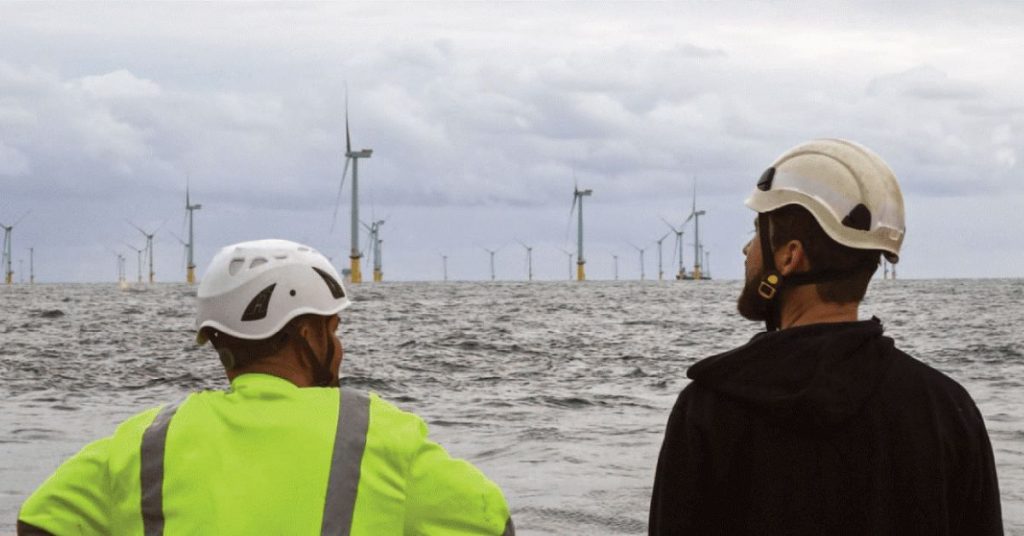The International Seafarers’ Welfare and Assistance Network (ISWAN) has released new guidance aimed at placing seafarers at the core of the maritime industry’s transition to zero-carbon operations. Developed in response to an industry-wide survey conducted in 2023, the guide outlines practical measures to support the mental and physical wellbeing of seafarers amid rapid technological and regulatory change.
Backed by The Shipowners’ Club, the guidance — Taking a seafarer-centred approach to decarbonisation: Guidance for seafarers and maritime stakeholders — reflects growing concern about the human impact of the maritime sector’s decarbonisation efforts. While many seafarers are supportive of environmental goals and eager to contribute, the shift to alternative fuels and new technologies has increased workloads and stress levels on board. According to ISWAN’s survey, which engaged 400 seafarers and 55 shore-based staff globally, issues such as fatigue, technostress, and fear of criminal liability under new rules are becoming increasingly prevalent.
The report calls for a proactive, human-focused approach to the decarbonisation agenda. “Skilled, trained seafarers are crucial to meeting environmental commitments, but their wellbeing must not be compromised in the process,” ISWAN stated. Failure to address these challenges could exacerbate the industry’s existing recruitment and retention difficulties.
Authored by maritime expert Dr. Chris Haughton FNI FIMarEST FSET, the guidance advocates for stronger communication between ship and shore teams, and for recognising seafarers as active partners in technological change. It includes actionable recommendations for both individuals and organisations, including strategies to address “technostress” — a condition identified as psychological strain resulting from difficulty adapting to new technologies.
The document also underscores the importance of developing a robust safety culture, encouraging practices such as revised crewing models to combat fatigue and ensuring mechanisms are in place for seafarers to voice concerns without fear of retribution.
Simon Grainge, Chief Executive of ISWAN, emphasised that training alone is not enough. “With the introduction of potentially hazardous alternative fuels and increasingly complex systems, creating an environment of psychological safety will be essential to a sustainable maritime future — both for the planet and its people,” he said.
Louise Hall, Director of Loss Prevention, Corporate Responsibility & Marketing at The Shipowners’ Club, echoed the sentiment: “As the maritime industry evolves, the wellbeing of those at sea must remain a central concern. Seafarers are instrumental to global sustainability efforts, and this guidance supports their inclusion and protection in a time of major transition.”
ISWAN’s initiative reinforces the need for maritime stakeholders to adopt a holistic perspective — one that not only prioritises environmental targets, but also protects and empowers the workforce expected to deliver them.
Tags: Decarbonisation, Green Shipping, Maritime Industry, sustainable Shipping, Zero Carbon Shipping



Recent Posts
Himachal Pradesh Plans Major Boost to Public Transport with E-Buses and Digital Upgrades
Ammonia-Fueled Container Feeder Design Marks Progress in Maritime Decarbonisation
ABS Develops Industry-Leading EV Battery Fire Simulation Modeling
Wilhelmsen Ships Service Joins the Maritime Battery Forum to Accelerate Maritime Electrification
Indian Student Team Wins Communication Prize at Monaco Energy Boat Challenge 2025
Babcock’s LGE Business Secures Contract for Marine Ammonia Fuel System to Advance Shipping Decarbonisation
Associated Terminals Deploys Liebherr’s All-Electric Cranes in Landmark Move Toward Cleaner Cargo Handling
Sanmar delivers fully electric emissions-free tug to major global operator Svitzer